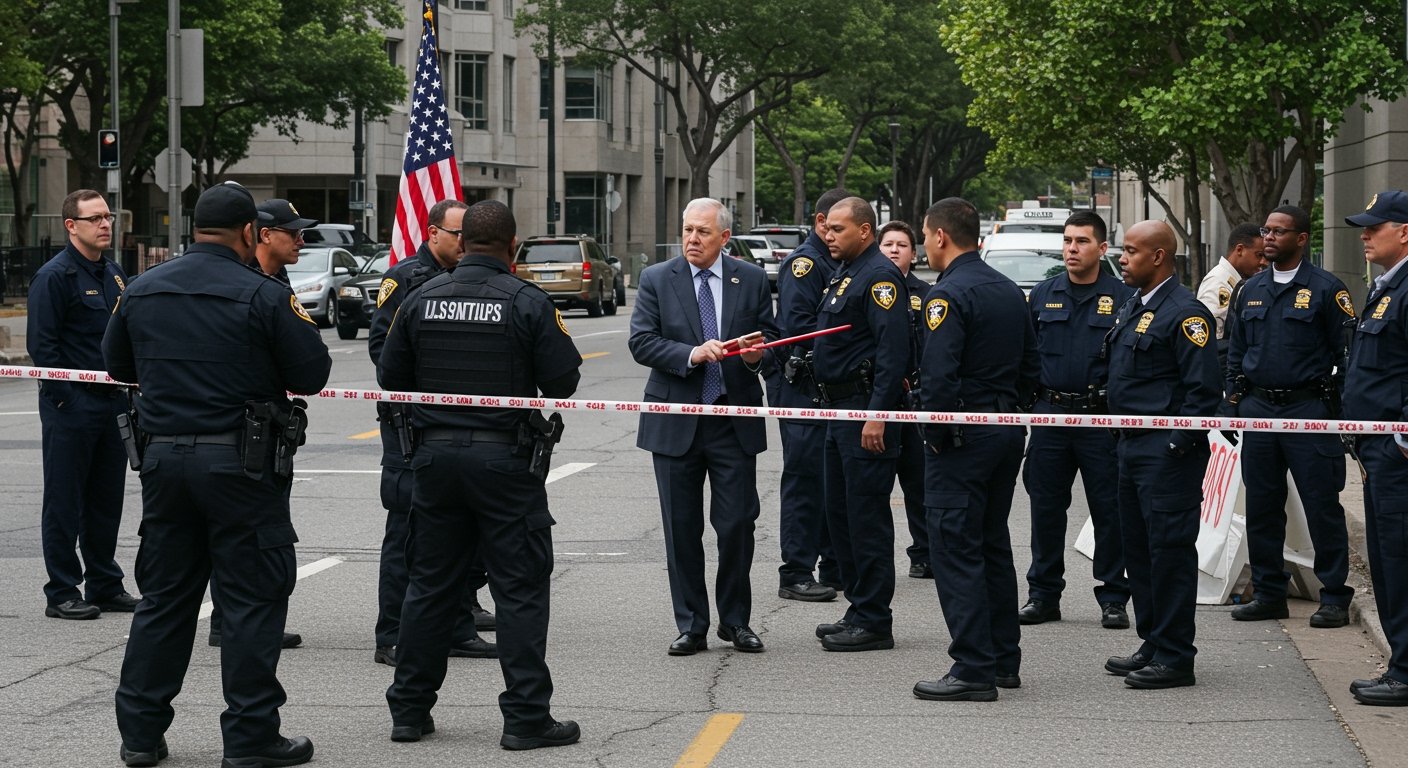Recent escalated immigration enforcement activities by U.S. Immigration and Customs Enforcement (ICE) are generating significant fear among foreign-born workers and causing widespread disruption and confusion for businesses across the United States that depend on this labor force.
Following a brief, temporary pause in certain enforcement actions at farms, hotels, and restaurants, initially ordered by President Donald Trump, reports indicate that ICE operations targeting workplaces have resumed. This shift has swiftly dispelled what some described as a moment of reprieve for these sectors.
Industry Leaders Voice Alarm
Rebecca Shi, CEO of the American Business Immigration Coalition, an organization representing approximately 1,700 employers across various industries, stated unequivocally that the short-lived “sense of calm” has evaporated. Shi recounted instances of ICE agents present with assault rifles during operations, leading to substantial removals of workers. She cited a particularly stark example: a dairy farm in New Mexico that lost 35 out of its 55 workers following enforcement action.
This climate of heightened enforcement extends beyond those directly targeted. Jennie Murray, CEO of the National Immigration Forum, highlighted the profound fear permeating immigrant communities, particularly among immigrant parents who harbor deep anxieties about workplace raids potentially disrupting their families and livelihoods.
Government Position on Enforcement
The administration has maintained its stance on the necessity of worksite enforcement. Assistant Secretary of Homeland Security Tricia McLaughlin affirmed this position, stating directly, “There will be no safe spaces for industries who harbor violent criminals or purposely try to undermine efforts.”
Simultaneously, reports have emerged detailing internal pressures within the administration for increased enforcement metrics. White House deputy chief of staff Stephen Miller has reportedly pushed ICE officials to pursue a daily arrest quota of 3,000 individuals. This figure represents a substantial increase from the previous daily rate of approximately 650 arrests reported in the initial months of President Trump’s second term, signaling a desire for a significant scale-up in enforcement activity.
Businesses Grapple with Uncertainty
The intensified and seemingly fluctuating nature of immigration enforcement policies has left many businesses in a state of bewilderment. Employers, particularly those in sectors heavily reliant on manual labor such as agriculture, hospitality, and construction, face a challenging paradox.
The U.S. currently enjoys a low unemployment rate, standing at 4.2%. This tight labor market means that many businesses already struggle to find sufficient domestic workers to fill essential roles. Foreign-born workers constitute a vital component of the labor force, accounting for less than 19% of all employed individuals in the U.S. in 2023, according to data from the U.S. Census Bureau. Despite this being a minority share of the total workforce, in specific industries and regions, foreign-born labor is critical for operations.
Businesses that rely on these workers find themselves caught between the need to maintain operations and the risk of their workforce being suddenly depleted due to enforcement actions. The uncertainty makes long-term planning difficult and exacerbates existing labor shortages.
Wider Economic Impacts
The chilling effect of increased enforcement is not limited to sites where raids occur. The mere rumors of ICE activity in a region are sufficient to deter workers from showing up to their jobs, fearing potential apprehension. This phenomenon has tangible economic consequences, impacting crucial seasonal operations.
For example, the cherry harvest in Washington state, a labor-intensive agricultural activity that relies heavily on migrant labor, has reportedly faced disruptions as workers remain away from fields due to fear, even in the absence of confirmed raids. Such impacts can lead to significant economic losses for farmers and affect the supply chain for these goods.
Industry representatives argue that a more predictable and stable immigration policy framework is necessary to allow businesses to operate effectively and meet consumer demand, while acknowledging the government’s role in enforcing immigration laws. The current environment of intensified and unpredictable enforcement, however, appears to be creating significant economic headwinds for businesses and causing substantial anxiety among a critical segment of the nation’s workforce.





